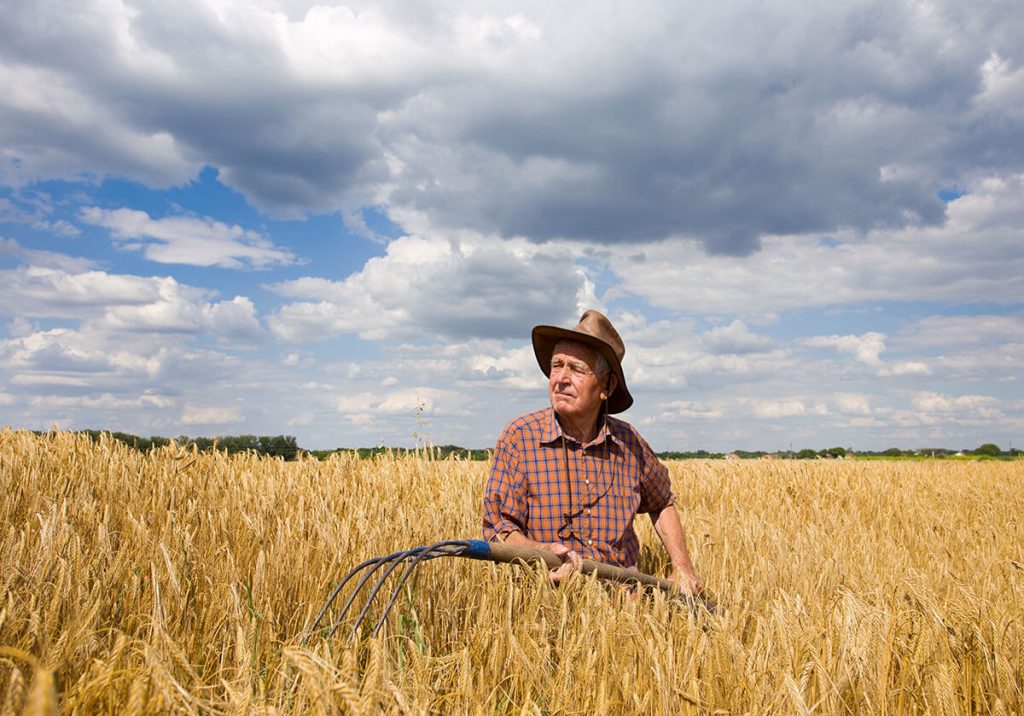Magazine
Do You Thrive To Learn More About How To Achieve Greater Business Success?
Sign up to our magazine designed specifically for Australian business leaders.
You are here: Home » Blog » Farm Advisory » What’s The Plan If You Can No Longer Work?

Published on 27 February 2018
Categories: Succession, Farm Advisory
When you are young life seems to stretch out in front of you – and it seems like you have an almost infinite amount of time at your disposal. You are strong and healthy and not much threatens that feeling of invincibility. Plenty of time to achieve any ambitions, and in any case, you can’t really predict the future, so to an extent, you just have to take life as it comes.
But it changes, doesn’t it, as you get older. As you take on additional responsibilities, as people close to you depend on you to be there, first to nurture and encourage and then to support them physically and emotionally through life. And you always manage to do it, because you still work the land and the farm still serves as the family’s spiritual home. But what happens when you can’t carry on?
Perhaps the first thing to face up to is that there will come a time when you can no longer carry on working. Generally speaking, the more physical your work is, the less likely you are to be able to continue well into old age, although there are always plenty of exceptions to prove the rule. But even those remarkable individuals eventually die and of course, no-one knows for certain what tomorrow brings.
Whilst everyone faces the same issue, it can be more critical for farmers because life, livelihood, home and wealth are all so intertwined. The impact of an accident or death or simply an underfunded retirement can rip through farming families and create dissent, hardship and a sense of loss.
So here are six things to think about to help you face those life changing events:
Sometimes the more you look at these types of questions, the more tempting it becomes to ignore them and leave them for another day. But it doesn’t have to be hard, particularly if you have a trusted advisor who can help you put the whole thing together. Munro’s has been doing this successfully for many years and is always ready to help with your life plan.
If you like.
Do You Thrive To Learn More About How To Achieve Greater Business Success?
Sign up to our magazine designed specifically for Australian business leaders.